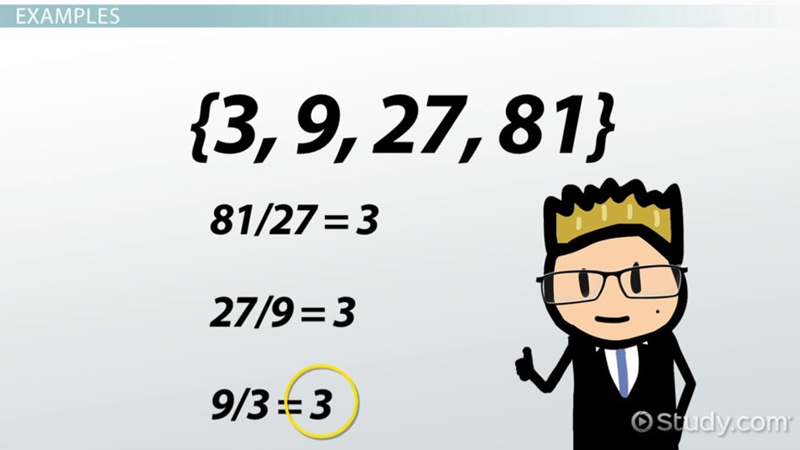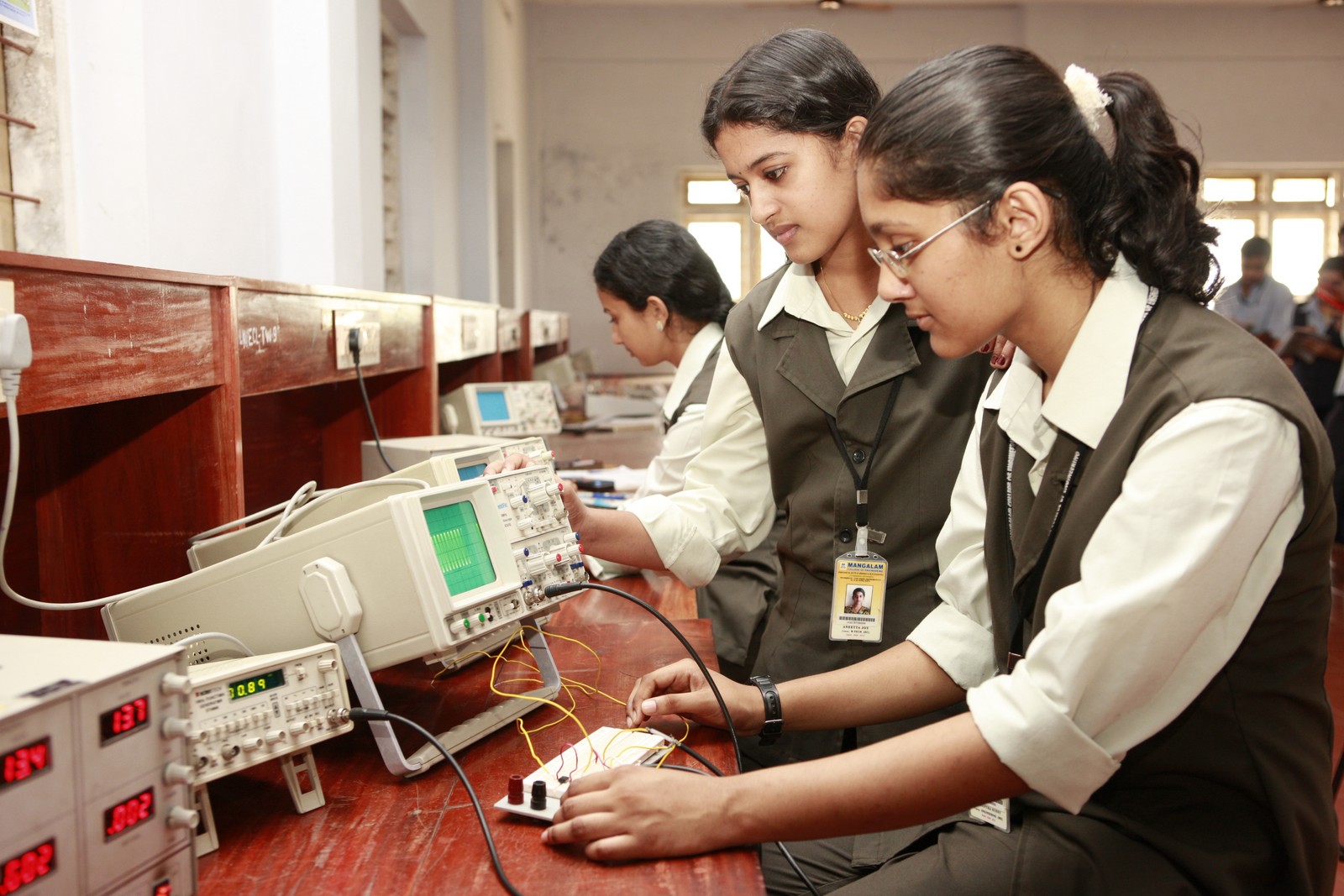
DIFFERENZA TRA CURRICULUM E CV:
Un curriculum vitae (CV) fornisce una sintesi della tua esperienza e delle tue capacità. In genere, i CV per i candidati di livello base sono più lunghi dei curriculum: almeno due o tre pagine. I CV per i candidati di medio livello che hanno accumulato numerose pubblicazioni tendono a durare molto più a lungo. I CV sono quindi più lunghi dei curriculum e includono più informazioni, in particolare i dettagli relativi al proprio background accademico e di ricerca.
Un curriculum fornisce un riepilogo della tua istruzione, storia lavorativa, credenziali e altri risultati e abilità. Ci sono anche sezioni facoltative, tra cui un obiettivo del curriculum e una dichiarazione riassuntiva della carriera. Un curriculum dovrebbe essere il più conciso possibile. In genere, un curriculum è lungo una pagina, anche se a volte può essere lungo anche due pagine.
DIFFERENZA TRA GARANZIA E GARANZIA:
La garanzia è un impegno assunto dal produttore nei confronti dell'acquirente. Proprio come un garante sta dietro a un prestito, il produttore sta dietro al prodotto. Se un prodotto in garanzia è di bassa qualità, verrà riparato/sostituito, oppure il denaro pagato verrà rimborsato all'acquirente.
La garanzia è un'assicurazione data dai produttori agli acquirenti, che se il prodotto si rompe o se c'è qualche problema con il prodotto, il produttore riparerà il prodotto gratuitamente.
DIFFERENZA TRA IDROREPELLENTE, IDROREPELLENTE E IMPERMEABILE:
Resistente all'acqua, questo è il livello più basso di protezione dall'acqua dei tre. Se un dispositivo è etichettato come resistente all'acqua significa che il dispositivo stesso può essere costruito in modo tale da rendere più difficile l'ingresso dell'acqua al suo interno, o forse che è rivestito con una sostanza molto leggera che aiuta a migliorare la possibilità del dispositivo di sopravvivere a un incontro con l'acqua. L'impermeabilità è qualcosa che si vede comunemente tra gli orologi, che gli conferisce il potere di resistere al lavaggio medio delle mani o alla pioggia leggera.
Idrorepellente, che è fondamentalmente solo un passo avanti rispetto all'impermeabilità. Se un dispositivo è etichettato come idrorepellente, in realtà possiede le proprietà per cui, hai indovinato, respingere l'acqua da esso, rendendolo idrofobo. Un dispositivo idrorepellente ha un'alta probabilità di essere rivestito con una qualche forma di nanotecnologia a film sottile, che sia all'interno, all'esterno o su entrambi, e ha una possibilità molto migliore di resistere all'acqua rispetto a un dispositivo medio. Molte aziende rivendicano l'idrorepellenza, ma il termine è fortemente dibattuto a causa di tutte le domande e degli elementi imprevedibili ad esso associati.
Waterproof, d'altra parte, descrive materiali o prodotti che possono resistere alla completa immersione senza assorbire alcuna quantità di acqua. Sono adatti per il campeggio, il nuoto, lo snowboard, le immersioni e molte altre attività poiché possono essere impermeabili a grandi profondità d'acqua per lungo tempo. La natura di un prodotto o materiale impermeabile è che è realizzato senza fori o pori che potrebbero far entrare l'acqua. Questi prodotti sono realizzati specificamente per l'uso in ambienti con molta acqua. Tuttavia, oggi sul mercato ci sono molti prodotti etichettati come impermeabili ma non realmente impermeabili, in particolare i dispositivi elettronici. Ciò è particolarmente vero perché prodotti diversi hanno "scale" o "livelli" diversi che determinano cosa dovrebbe essere etichettato come impermeabile o resistente all'acqua
DIFFERENCE BETWEEN RESUME AND CV:
A curriculum vitae (CV) provides a summary of your experience and skills. Typically, CVs for entry-level candidates are longer than resumes – at least two or three pages. CVs for mid-level candidates who have amassed numerous publications tend to run much longer. CVs are thus lengthier than resumes, and include more information, particularly details related to one’s academic and research background.
A resume provides a summary of your education, work history, credentials, and other accomplishments and skills. There are also optional sections, including a resume objective and career summary statement. A resume should be as concise as possible. Typically, a resume is one page long, although sometimes it can be as long as two pages.
DIFFERENCE BETWEEN GUARANTEE AND WARRANTY:
Guarantee is a commitment made by the manufacturer to the buyer. Just like a guarantor stands behind a loan, the manufacturer stands behind the product. If a product under guarantee is of low quality, it will be either repaired/replaced, or the money paid will be refunded to the buyer.
Warranty is an assurance given by the manufacturers to buyers, that if the product breaks or if there is any problem with the product, the manufacturer will repair the product for free.
DIFFERENCE BETWEEN WATER RESISTANT, WATER REPELLENT AND WATER PROOF:
Water-resistant, this is the lowest level of water protection of the three. If a device is labeled as water-resistant it means that the device itself may be built in such a way that it is more difficult for water to get inside of it, or possibly that it is coated with a very light substance that helps improve the device’s chances of surviving an encounter with water. Water-resistant is something you see commonly among watches, giving it the power to withstand the average hand-washing or light rain shower.
Water-repellent, which is basically just a step up from water-resistant. If a device is labeled as water-repellent it actually possesses the properties in which to, you guessed it, repel water from it, making it hydrophobic. A water-repellent device stands a very high chance of being coated with some form of thin-film nanotechnology, whether that is on the inside, outside, or both, and has a much better chance of standing up to water than your average device. Many companies claim water-repellency, but the term is heavily debated because of all the questions and unpredictable elements associated with it.
Waterproof, on the other hand, describes materials or products that can stand complete submersion without taking in any amount of water. They are suitable for camping, swimming, snowboarding, diving, and many more activities since they can be waterproof to great water depths for a long time. The nature of a waterproof product or material is that it is made with absolutely no holes or pores that might let in water. These products are specifically made for use in environments that have plenty of water. However, on the market today, there are a lot of products that are labeled waterproof but aren’t really waterproof – especially electronic devices. This is especially so because different products have different ‘scales’ or ‘levels’ that determine what should be labeled as waterproof or water-resistant

- Log in to post comments